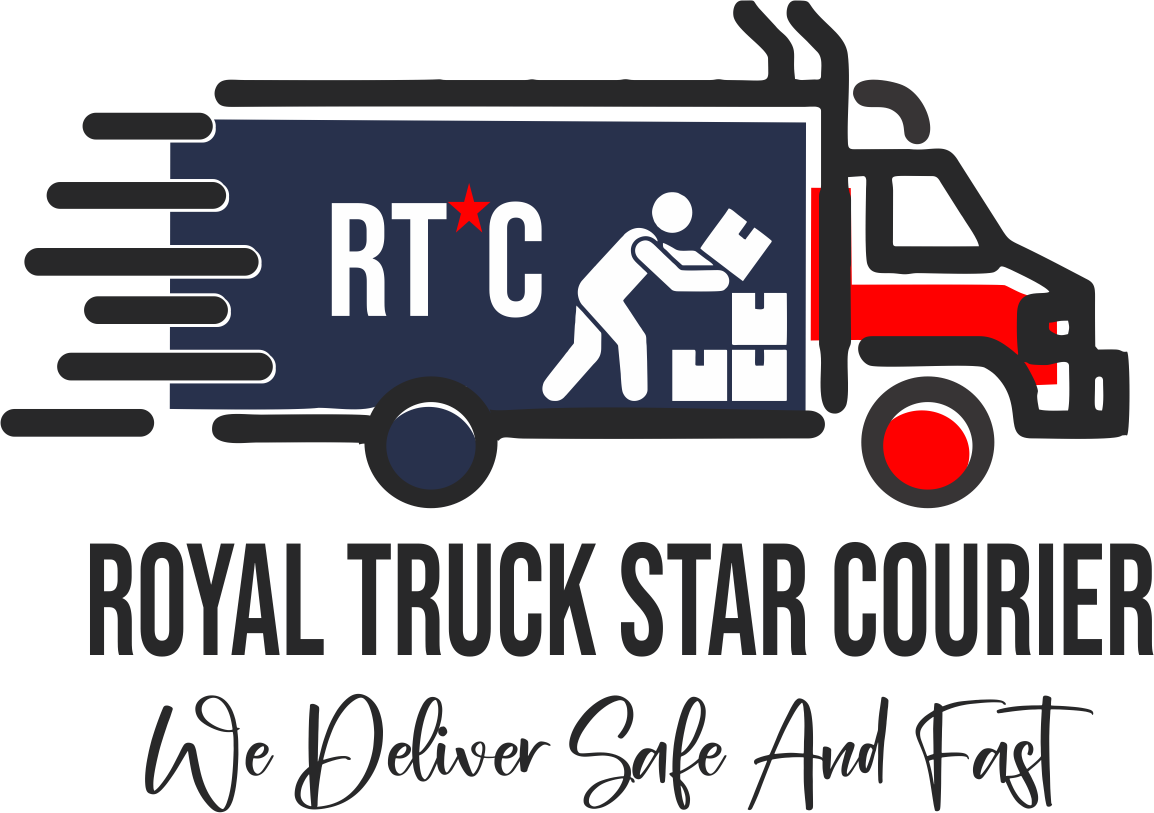Introduction: Why logistics automation matters in Kenya
Kenya's e-commerce market is growing fast. Consumers expect same-day and next-day delivery, real-time tracking, and smooth returns — while many businesses still wrestle with cash on delivery reconciliation, informal addressing, and congested urban routes. Logistics automation technologies are no longer a nice-to-have; they are the lever that closes the gap between customer expectations and operational reality.
What we mean by logistics automation technologies
Logistics automation technologies cover a range of tools that reduce manual work, speed decision-making, and improve consistency across the delivery chain. For Kenyan e-commerce businesses and courier providers, the most relevant categories are:
- Warehouse Management Systems and automated sorting
- Transport Management Systems and route optimization
- API integration that connects e-commerce platforms, payment systems, and couriers
- Real-time tracking and telematics
- Mobile-first tools for cash on delivery and field reconciliation
- Last-mile innovations like smart lockers, collection points, and drone pilots
Kenyan logistics challenges that automation solves
Kenya has unique structural challenges that make automation particularly valuable:
- Informal addressing: Many deliveries need human judgment to locate customers. Automated address verification and GPS-assisted drop-off guidance reduce failed attempts.
- Cash-dominant transactions: Cash on delivery remains popular. Mobile money integration and automated reconciliation cut settlement time and shrink cash handling risk.
- Urban congestion and rural access: Nairobi traffic and remote last-mile routes increase costs. Route optimization and hub-and-spoke planning lower fuel use and delivery times.
- Port and border delays: Systems that automate customs documentation and inventory visibility ease uncertainties caused by Mombasa port delays or clearance processes.
Practical automation technologies and how Kenyan businesses can use them
1. Warehouse Management Systems (WMS)
A WMS brings order to warehousing and fulfillment. For Kenyan retailers using regional distribution centres, a WMS enables faster picking, fewer errors, and better stock visibility across counties.
Practical step: Start with a cloud-based WMS integrated with your e-commerce platform and Royal Truck Star Courier’s fulfillment services. Use simple barcode scanning and location mapping before moving to RFID or automated conveyors.
2. Route optimization and Transport Management Systems (TMS)
TMS tools calculate efficient routes, reduce fuel costs, and improve first-attempt delivery rates. In cities like Nairobi and Mombasa, dynamic routing that factors in traffic and delivery time windows is essential.
Practical step: Pilot a TMS for your busiest routes for 4–6 weeks, compare KPIs like delivery time, fuel per parcel, and first-time delivery success, and expand based on results.
3. API integration and real-time tracking
APIs connect online stores to couriers for label creation, tracking updates, and automated returns. Real-time tracking improves customer experience and reduces enquiries to customer service teams.
Practical step: Use Royal Truck Star Courier’s API to automate order flows, send tracking links to customers via SMS or WhatsApp, and update stock levels automatically after dispatch.
4. Mobile solutions for field teams and COD
Field apps that record proof of delivery, capture signatures and photos, and accept mobile money payments streamline collection and reconciliation in a market where M-Pesa dominates.
Practical step: Equip drivers with lightweight mobile apps that sync with your TMS and finance backend nightly to reconcile COD and reduce cash float risks.
5. Last-mile innovations
Smart lockers, collection points at local kiosks, and even drone pilots for remote counties can reduce failed deliveries and increase speed for remote customers.
Practical step: Launch a pilot of 5–10 collection points in a target county and monitor return rates, cost per delivery, and customer satisfaction before scaling.
Real-world examples and case studies from Kenya
These examples show how automation performs in Kenyan conditions:
- Royal Truck Star Courier: API-driven fulfillment. A Nairobi-based fashion retailer integrated with Royal Truck Star Courier’s API to automate label creation and tracking updates. Result: first-attempt delivery rate improved by reducing manual entry errors and automated SMS updates cut customer enquiries by 40%.
- Marketplace logistics with mobile reconciliation. A mid-sized marketplace in Mombasa implemented driver apps and mobile money reconciliation for COD collections. They reduced cash float by 60% and shortened settlement cycles from 7 days to 2 days.
- Locker pilot in Nakuru. An e-commerce brand piloted locker collection points near commuter hubs. Same-day pickups rose and failed home deliveries dropped, lowering per-parcel delivery cost.
Actionable roadmap for Kenyan businesses
How to start adopting logistics automation today:
- Map your current process and KPIs: delivery times, failed deliveries, COD recovery, and customer queries.
- Prioritise low-effort, high-impact changes: API integration, driver mobile apps, and basic route optimization.
- Run pilots before scaling: choose one county or corridor and measure results for 6–8 weeks.
- Use local partnerships: work with couriers like Royal Truck Star Courier that understand county-level nuances and provide warehousing, last-mile coverage, and real-time tracking.
- Train teams and collect feedback: automation works best when paired with trained staff and clear SLAs.
Conclusion: Automation is practical, not futuristic
For Kenyan e-commerce and logistics businesses, automation technologies convert complexity into predictable service. From WMS and TMS tools to API integrations, mobile reconciliation and last-mile innovations, these technologies improve customer experience while driving down costs.
Royal Truck Star Courier combines country-wide coverage across all 47 counties with strong API integration, warehousing and storage, same-day and next-day delivery, and cash on delivery expertise. If you’re ready to pilot logistics automation or scale an existing program, contact us to design a pragmatic roadmap that fits the Kenyan market.
Call to action: Reach out to Royal Truck Star Courier for a free consultation and pilot plan — let’s build an automated logistics solution that grows your e-commerce business across Kenya.
